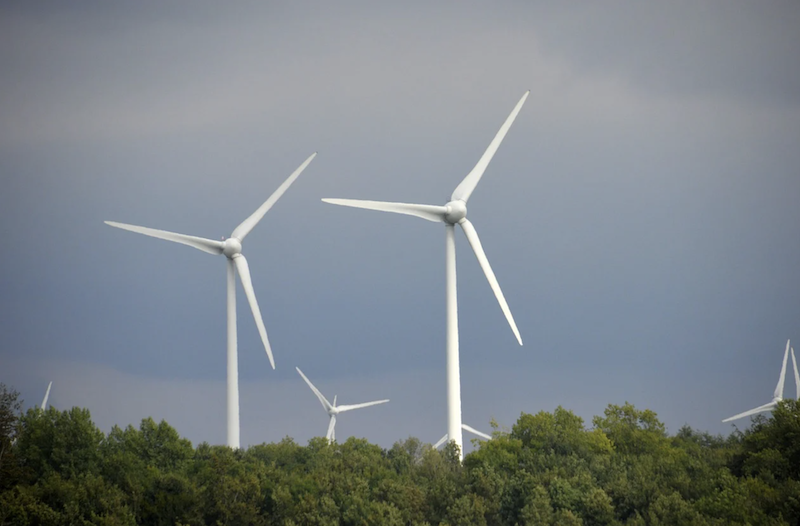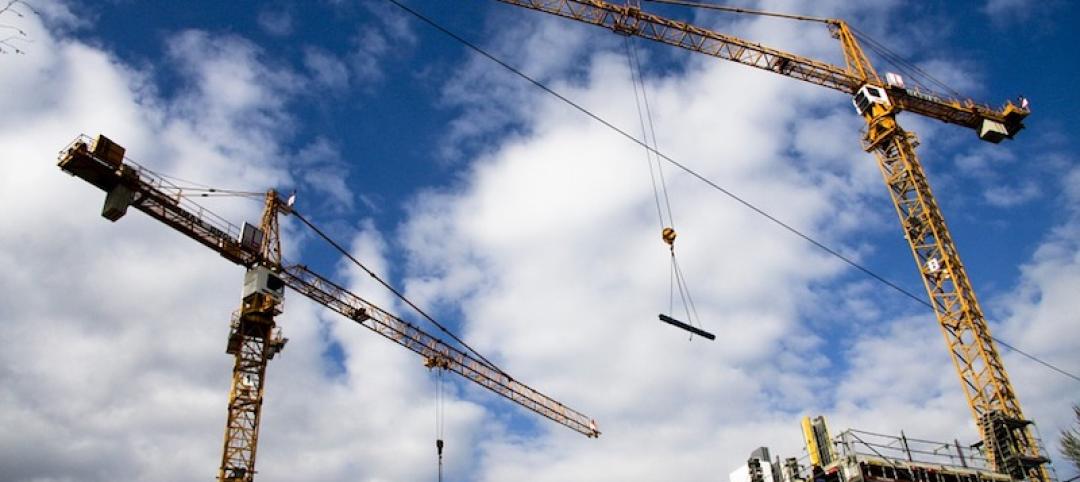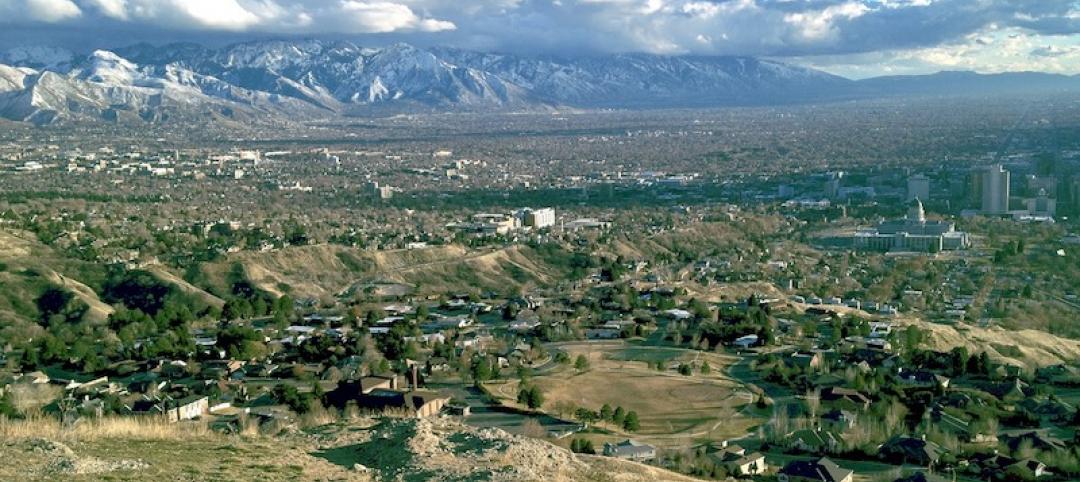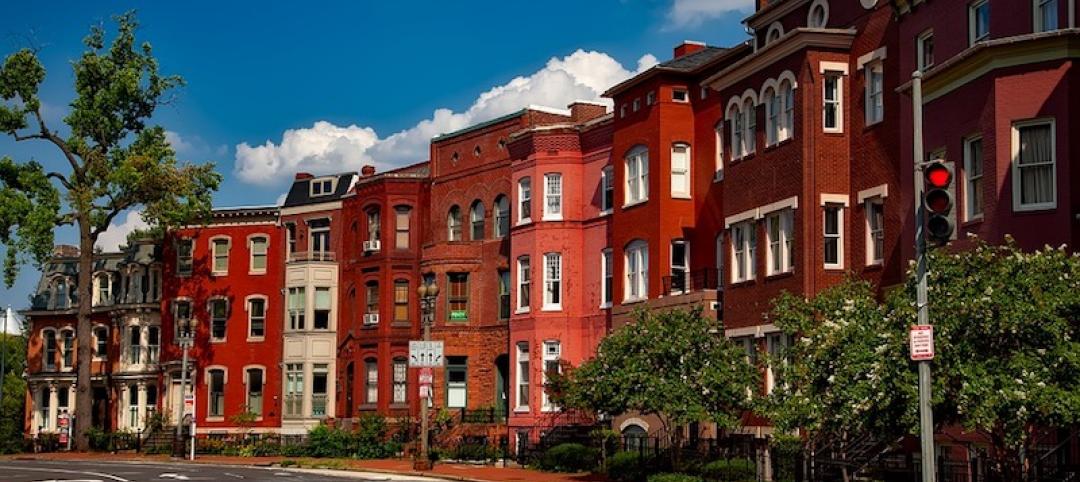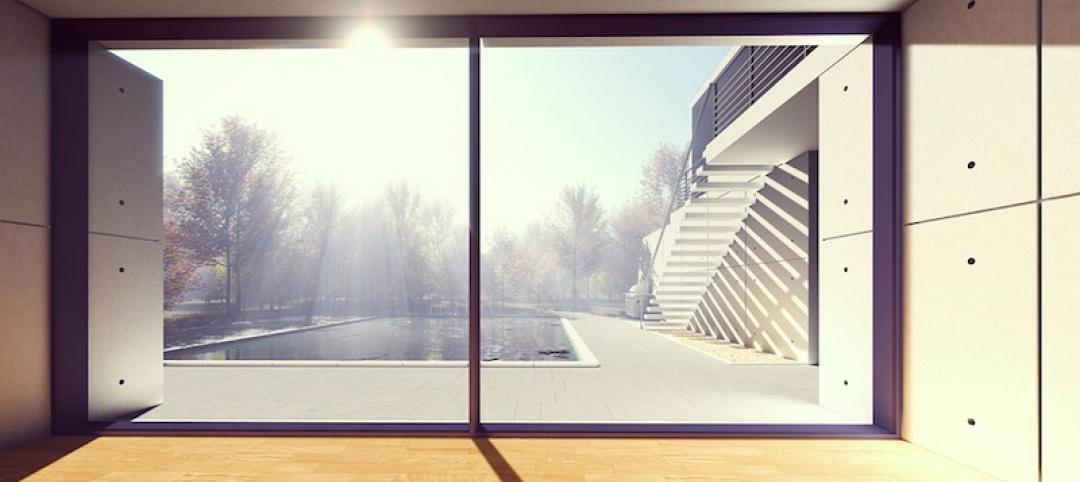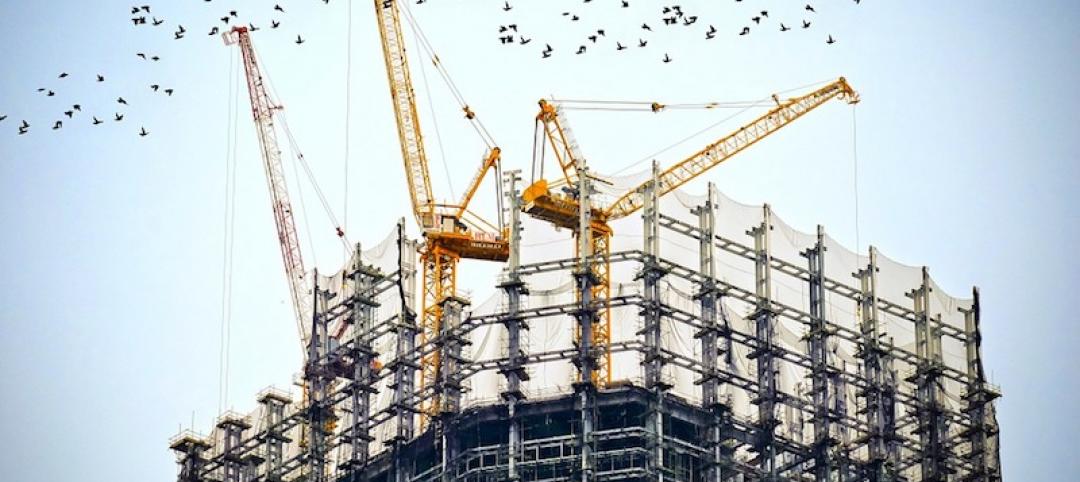The U.S. electric grid is making significant progress to zero-carbon status, according to a report from the Lawrence Berkeley National Laboratory.
Greenhouse-gas emissions from the electricity sector last year were 52% lower in 2020 than the U.S. Energy Information Administration predicted they would be back in 2005, the report says. Power-sector emissions fell 40% from 2005 to 2020, with much of the drop driven by cheap natural gas supplanting coal as the dominant fuel for U.S. power plants.
Further emissions cuts will require greater adoption of clean technologies such as energy storage, and that is achievable with the declining cost of solar and wind power generation, and battery storage, the report says. Low-carbon resources could reliably meet as much as 70%–90% of power supply needs at low incremental cost.
Other sectors, including the built environment, have made less progress in cutting emissions. Residential building emissions declined 29% from 2005 to 2020. Commercial building emissions dipped 32% during the same period.
Grid-interactive efficient buildings could help to make the grid more efficient by reducing the need for new supply and delivery infrastructure and providing another form of demand flexibility.
Related Stories
Codes and Standards | Jul 17, 2018
In many markets, green features are more of a requirement for apartment renters
Renters in many U.S. cities have come to expect green features in apartments that they rent, with an eye toward energy efficiency and healthy indoor air.
Codes and Standards | Jul 16, 2018
Length of North American construction disputes continues to increase
They already far exceed global average.
Codes and Standards | Jul 12, 2018
Developer says net zero Salt Lake City apartment high-rise built at standard cost
Off-site solar, and mechanical/electrical system savings aid the achievement.
Codes and Standards | Jul 11, 2018
D.C. local worker requirement not being met
Government doing little to verify self-reported project data.
Codes and Standards | Jul 10, 2018
Carbon emissions in cement production threaten GHG reduction goals
Cement is essential to many infrastructure projects that address climate change.
Codes and Standards | Jul 10, 2018
DOE’s Better Buildings Summit to be held in Cleveland, August 21-23
Agenda includes technical training and networking opportunities.
Codes and Standards | Jul 6, 2018
Houston’s lessons learned from Harvey include lack of awareness by residents of flood danger
Inconsistent regulatory environment also cited.
Codes and Standards | Jul 6, 2018
Delos and HDR will co-develop wellness design tools and collaborate on research
WELL Building Standard pioneer teams with architects to advance wellness innovations in the built environment.
Codes and Standards | Jul 5, 2018
BREEAM New Construction standard launched in U.S.
Follows successful launch of BREEAM In-Use standard.
Codes and Standards | Jun 29, 2018
Nearly half of nonresidential construction projects now delivered by design-build
‘Alternative’ method now mainstream for nonresidential, highway/street, and water/wastewater construction projects.


